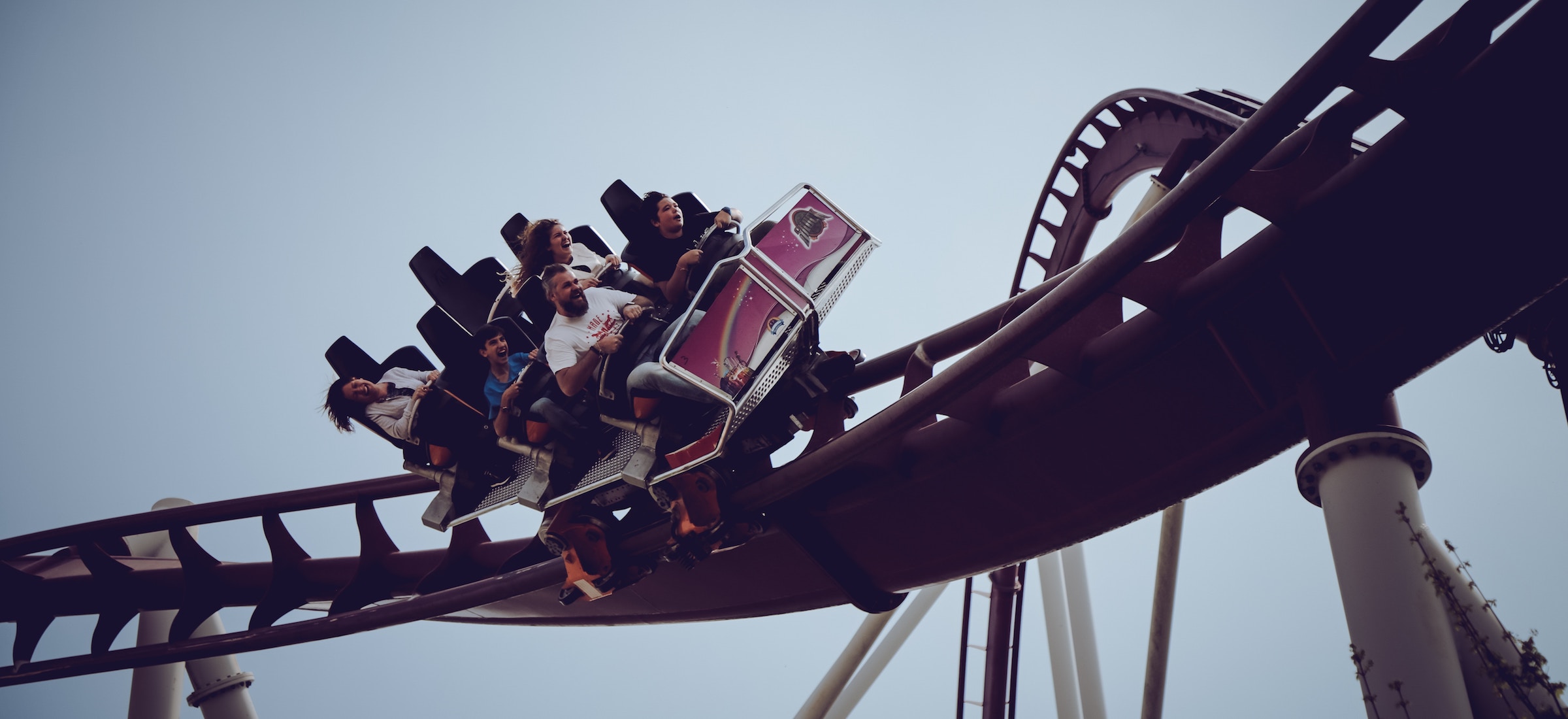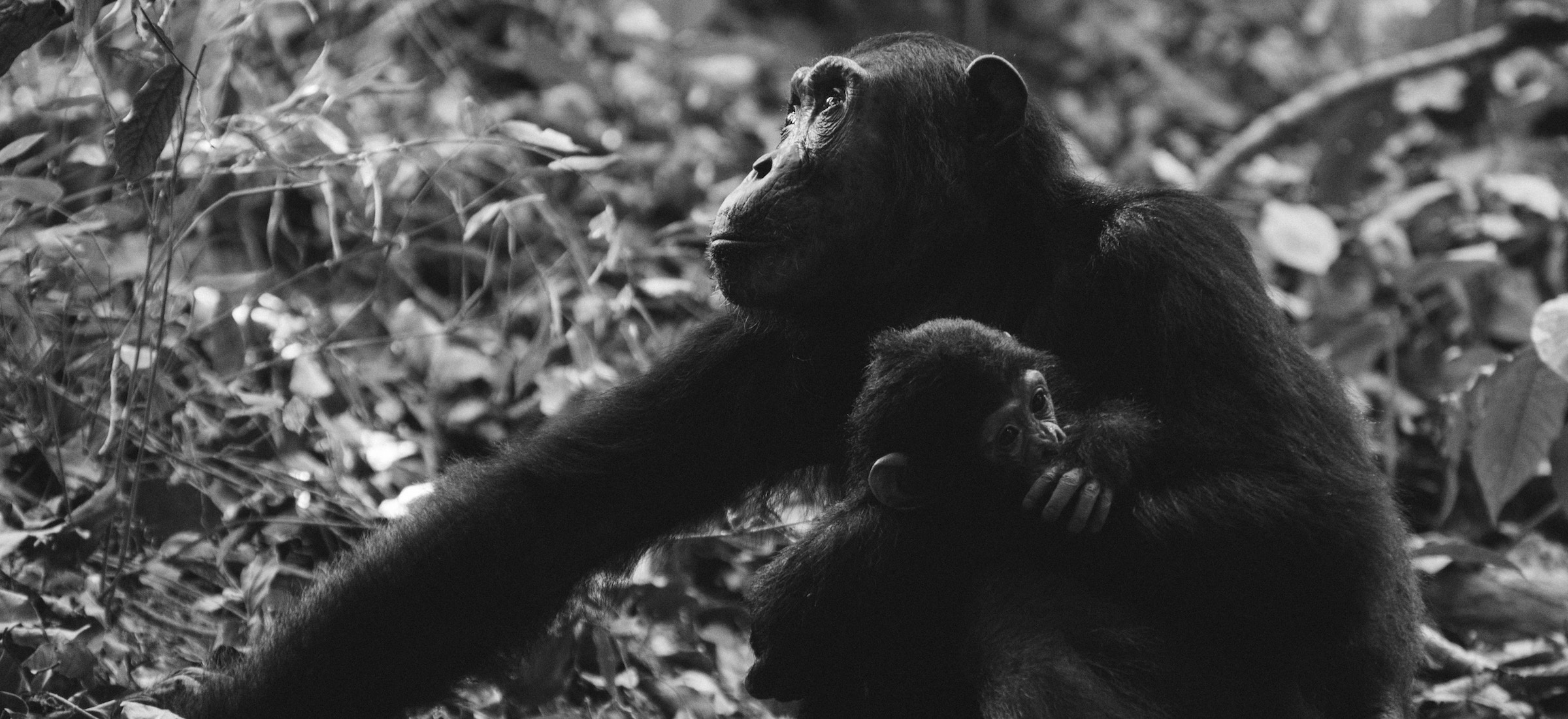Years ago I took my children to Alton Towers theme park. It was shortly after the crash on The Smiler and my daughter said that she was nervous because of the crash. I suggested to her that what she was feeling was the body’s natural response to anticipated surprise. We’re programmed to ‘coil like a spring’ when entering a new situation; early man walking into a forest would have needed to be ‘wired’ with sufficient adrenalin to react to unexpected threats. My daughter had interpreted this flood of adrenaline as a cognitive response to the Smiler accident. In fact, it’s often safest to take part in an activity immediately after an accident as the operators are so much more vigilant. By attaching a label to her feelings, though, she had legitimized the fear and made it real. She was very good though, we talked about what the actual feeling was and she was able to recognize it as part of the adrenaline rush and subsequent enjoyable feelings it was designed to be.

Fast forward to a much more recent conversation. I was coaching a young pilot student. He was unhappy that he had made a few mistakes. I pointed out to him that we only learn through mistakes and that we should embrace them. I asked him how he reacted when he made mistakes in one of his hobbies – snooker. He sort of answered that he would shrug, relax and try again “but!…,” he said, “we’re talking here about life and death.” Granted, when flying goes seriously wrong, there is a bit of a digital outcome, but actually flying isn’t nearly as dangerous as most like to make out. We have, effectively, attached a label. And look what affect it has on nervous airline passengers: they start worrying that because they aren’t ‘in control’ they are doomed (as Private Fraser would say in Dad’s Army). There is more chance of being killed on the roads. The threat to pedestrians and cyclists is well known, but, even as a car driver, you can’t guarantee that other drivers won’t do unexpected things. As a pilot, my job is just to pop the aircraft back on the straight and narrow if it ever wanders off; as a car driver I am having to avoid lumps of metal driven by who knows what sort of numpty?
I have just done the Human Givens course on dealing with addiction. It is well known that addicts will only respond to ‘treatment’ when they want to. As a therapist your aim is to try and shift them to the next level: from denial to acceptance, from acceptance to discomfort, from discomfort to positive action etc. We’re warned to avoid getting into discussions about labels: “Are you calling me an addict?” etc.

As soon as labels enter a conversation our inner chimp is on comfortable ground: it likes a digital argument. If you offer a label your inner chimp will decide whether it’s ‘for’ or ‘against’ that label and argue the case accordingly. The more you argue the case the more you rummage around for arguments that support your argument and the more your view polarizes.
It’s not just addicts who try and introduce labels into a discussion. We all do it. Is it, though, hampering your appreciation of life? Are you afraid to do something because you’ve ‘labelled’ it as bad, or hard, or dangerous, or scary; are you addicted to something because you’ve labelled it as a nice/sociable/acceptable thing to do; are you not listening properly to your friends and family because you’ve labelled their utterances as limited or ill-thought out or ‘the usual beef’? It’s an interesting thought.
Listen out to the labels people use and, more importantly, the labels you use.